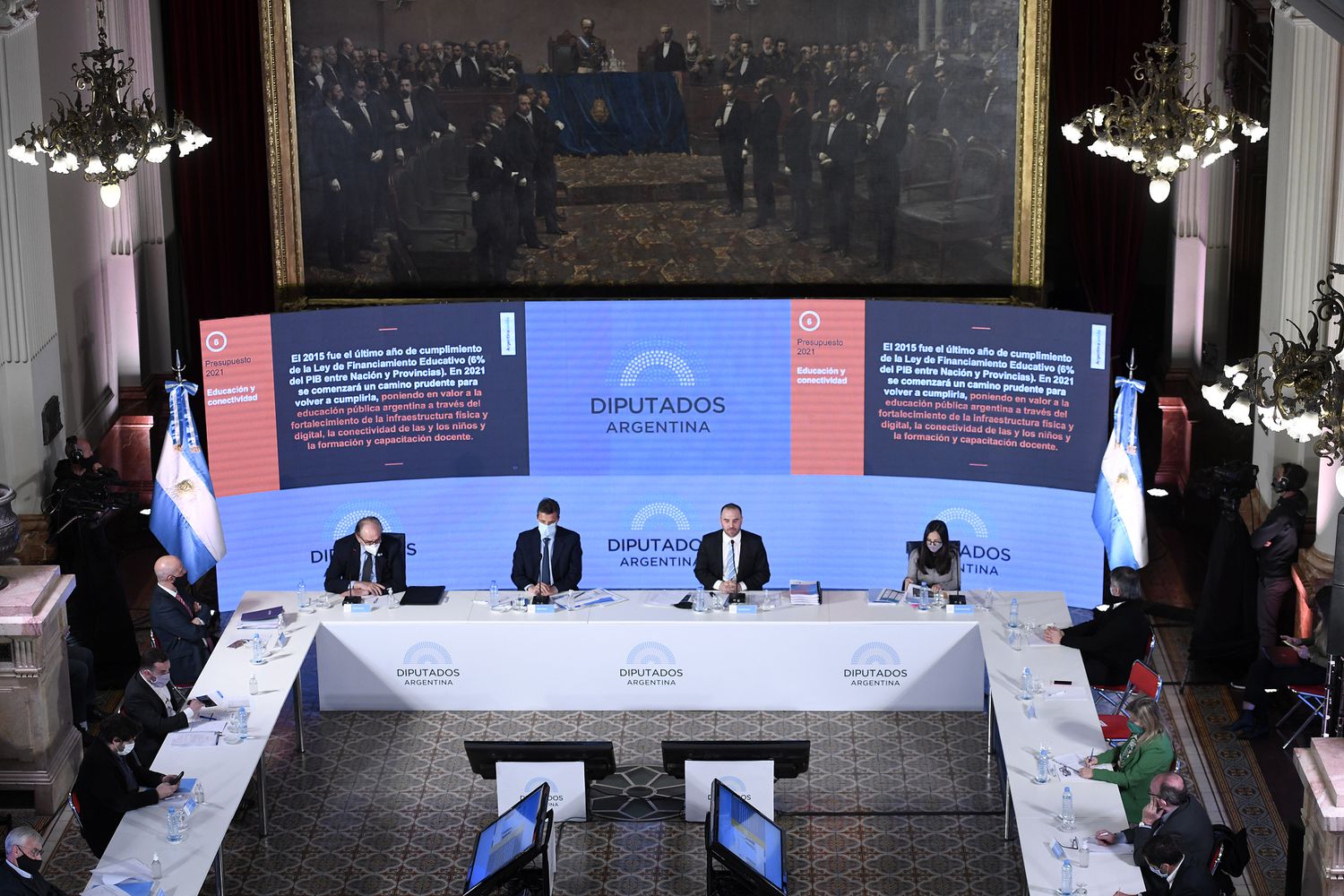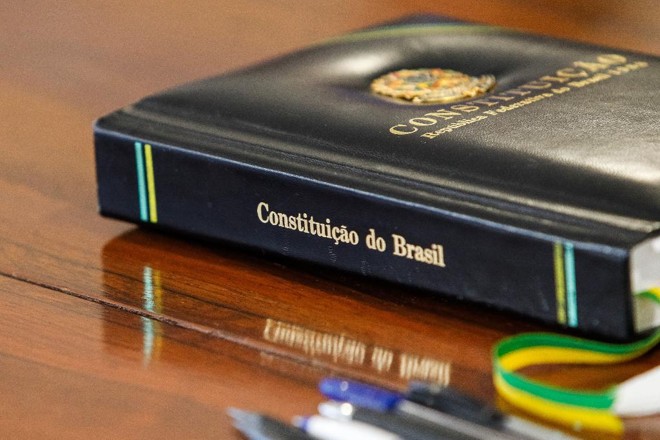by Matheus Lucas Hebling
Looking from the outside, the Brazilian (political) democracy seems to be a fragile instrument that needs to be fixed to prevent a decision deadlock or, in even more frightening scenarios, a coup. One of the key issues when it comes to policy handling and governance is how fragmented the system is i.e. how many parties exist to represent the fractions of society. It is indeed difficult to explain how 16 effective parties (from a total of 33 formally registered) may be effective at working together when compared to 5 in Germany and 2 in the USA, yet Brazilian democracy has been a stable regime for more than 30 years. Analysts have pointed out that the change from a multiparty presidential system to a parliamentary one would solve party fragmentation, corruption, and would make Brazilian people believe in democracy again. What makes parliamentarism the promised land and how different Brazilian democracy is from a parliamentary regime today?
Let us come back a bit to understand some basics. Political parties are created to solve problems that institutional arrangements do not solve and that politicians believe they cannot solve by themselves. It is from them that individuals, rationals, and office-seekers / holders, aggregate their interests and organize them to win elections. The party helps its politicians through three main variables, the institutional rules, the historical context in which they are inserted, and the electorate.
Legislative rules grant the majority party several advantages and special powers that are used to control the actions of commissions in the interests of party members. The parties act as a central agent, who has incentives to punish and reward the non-cooperative behavior of their politicians, in addition to solving problems of collective action. And, acting as legislative cartels, they organize the Congress to resolve their collective dilemmas i.e. to approve policies defined by the party and minimize the absence of members. Resolving these collective dilemmas allows party members to sacrifice some individual benefits to obtain collective benefits.
In the United Kingdom, the centralization of agenda powers in the hands of the Executive has made political parties the center of the coordination of the decision-making process, whose efficient secret is present in the fact that there is a fusion of powers Executive and Legislative in the Executive Office, which has a legislative and executive predominance. In this way, space is lost for individual action (pork-barrel) by parliamentarians and there is a greater focus on national policies. Once voters come to vote for the party and no longer for individuals, greater discipline by parliamentarians thanks to a greater connection to the party and its policies. When we look back at Brazil, we find that party discipline has continuously been around 85%, similar to the United Kingdom’s.
This is one of the fundamental characteristics to understand an efficient system. While an inefficient system has voters’ concern only with local politics, encouraging parliamentary action with such particularities (pork barrel), an efficient system can change the logic of distribution of pork-barrel, as well as existing a legislative majority/cabinet party.
Part of the main concern with efficiency is that decisions need to be made. The agenda power of a political actor inserted in each system prevents any decision from being taken while concentrating power on someone. It is not possible to think of a merger of the Executive and Legislative powers, since the presidential system, since its invention by the Federalists, is based precisely on the separation of powers and the election of the Chief Executive directly by people and not by the confidence of the Assembly or the legislative majority of a certain party.
However, if within the parliamentary system the prime ministers have agenda powers that enable the Executive to pass legislation with the support of parliament, within the presidential system this is possible as long as the President has broad agenda powers, as in several Latin American countries such as Brazil, Argentina, and Chile. Evidence of such efficiency, although not consensual in the literature.
In Brazil, parties are also fundamental to the analysis of how the political and decision-making process is coordinated. The most central resource is the figure of party leaders, who are crucial in directing legislative work on the floor. Leaders use formal and informal resources to ensure greater coordination of the decision-making process, such as the appointment of parliamentarians to positions on legislative committees of their preferences, exercising influence over other members of the bench and leaders of other parties. Also, they decide whether an amendment will be voted on the floor, whether they take an ordinary matter to be voted on as a roll call vote, in addition to being able to request urgency. These forms can highlight proposals for legislation that certain politicians may want to resonate with their constituencies, increasing the chances of re-election, for example. In this way, party leaders may reduce opportunities for individualistic behavior and increase the chances of parliamentarians cooperating and coordinating the decision-making process.
And, surprisingly, it does – or at least it did until the current administration. Not only does cooperation lead to better policy-making, but also strong evidence shows that it happens among political parties when analyzing how much input the Congress has in the laws proposed by the Executive Power and how different parties partake in the decision-making process of policies in committees. Even though Brazil could use fewer parties to facilitate this process and electoral choice, it certainly does not need a parliamentary system to solve its problems. After all, there is no system immune to political crises or the rise of leaders like Jair Bolsonaro or Boris Johnson.
Matheus Lucas Hebling is a PhD candidate in Political Science at the University of Campinas, in Brazil. His research interests are Executive and Legislate Powers in Brazil and Chile, foreign policy and reseaech methodology. E-email: matheushebling@gmail.com
More
Alexander Hamilton, James Madison and John Jay. Os artigos federalistas:1787-1788. Rio de Janeiro: Nova Fronteira, 1993.
Andréa Freitas. O presidencialismo da coalizão. Rio de Janeiro: Fundação Konrad Adenauer, 2016
Argelina Figueiredo and Fernando Limongi. Executivo e Legislativo na nova ordem constitucional. Rio de Janeiro: FGV, 1999.
Gary Cox and Mathew Mccubbins. Legislative Leviathan. Party Government in the House. Berkeley, University of California Press, 1993.
Gary Cox. The Efficient Secret. The Cabinet and the Development of Political Parties in Victorian England. Cambridge, Cambridge University Press, 1987.
John Aldrich Why Parties?: The Origin and Transformation of Political Parties in America. University of Chicago Press, 1995
Matthew Shugart and John Carey. Presidents and Assemblies: Constitutional Design and Electoral Dynamics. Cambridge: Cambridge University Press, 1992.
Michael Laver and Schofield. Multiparty government: The politics of coalition in Europe. University of Michigan Press,1998.





